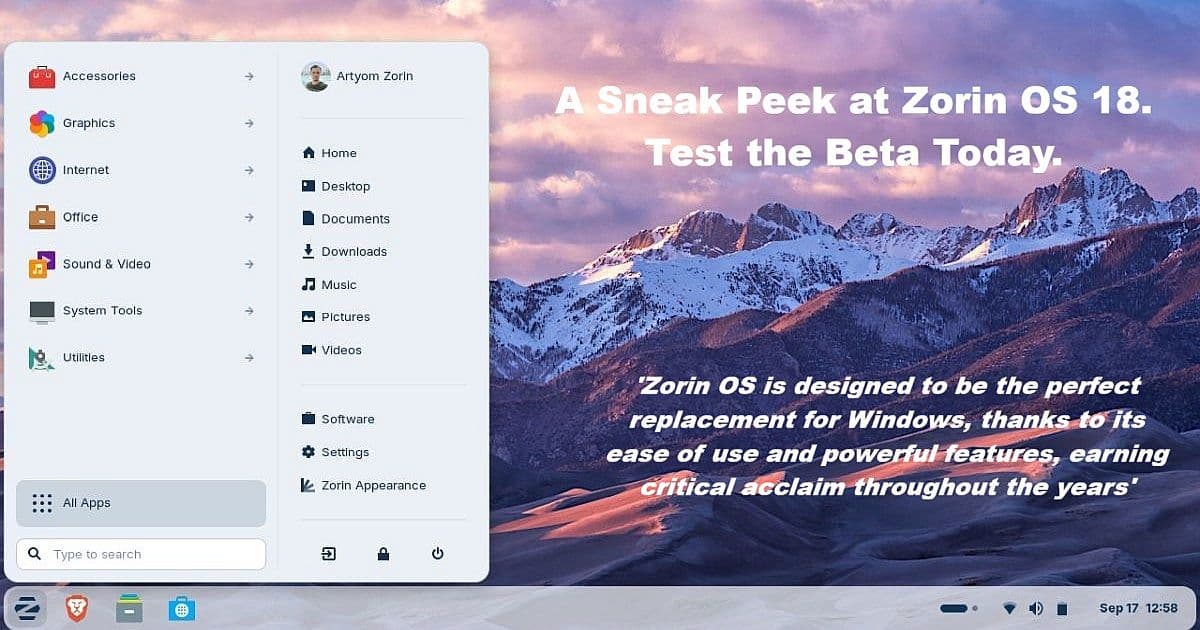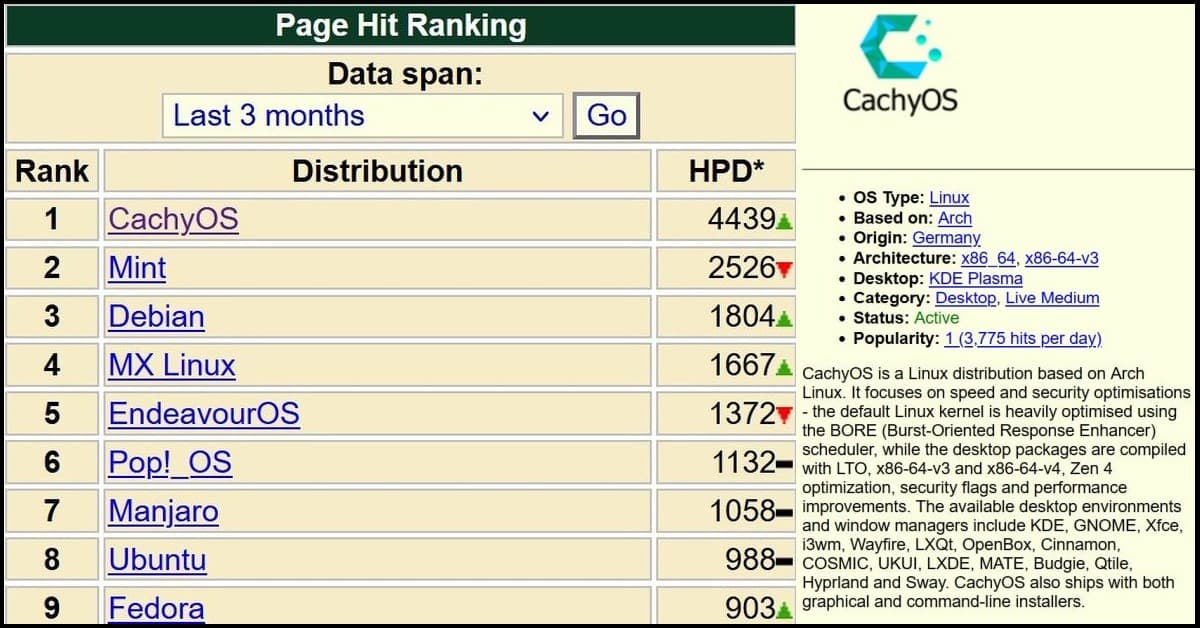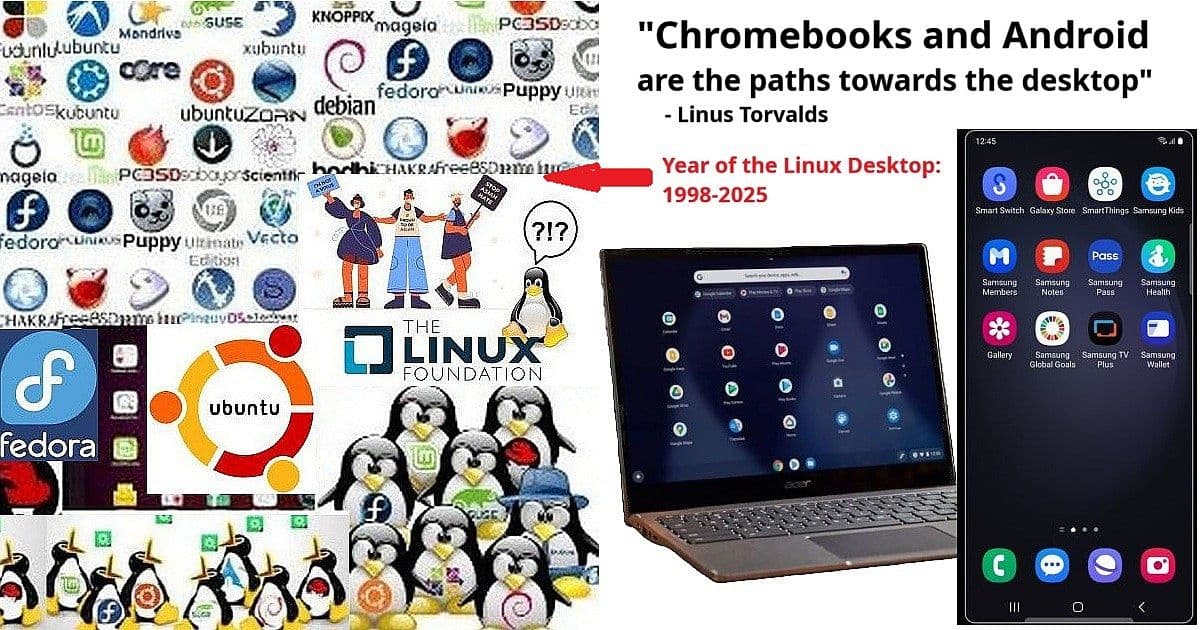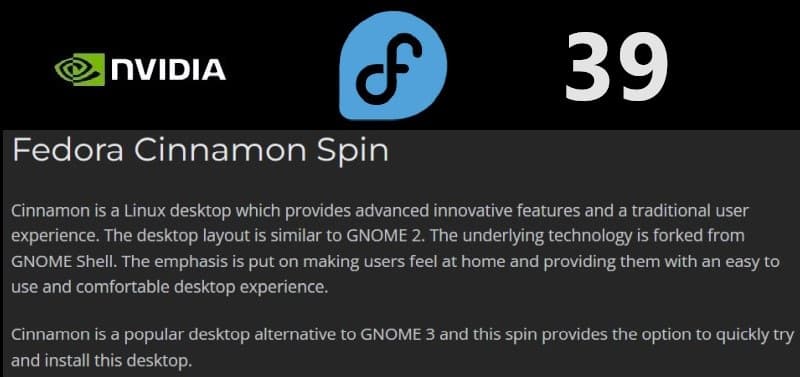
Bottom Line Up Front
Zorin OS 18 Beta delivers a polished, Windows-like experience that may ease the October 2025 Windows 10 end-of-life transition for millions of PCs. I’ve been testing Linux since 1996 — and Zorin since late 2009 — and this release shows real promise for Windows users who want familiar functionality without the steep Linux learning curve. As a daily Windows 11 user, I appreciate that Zorin doesn’t bash Windows, but instead tries to deliver an OS that feels familiar while staying true to Linux’s strengths.




